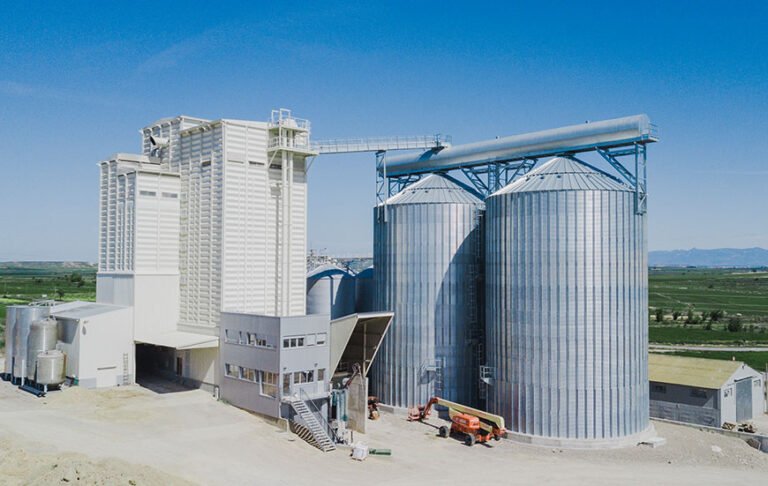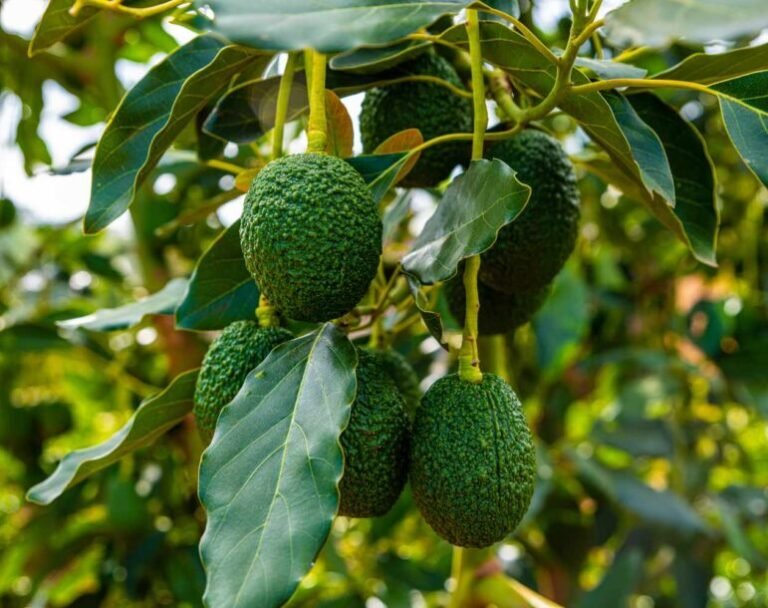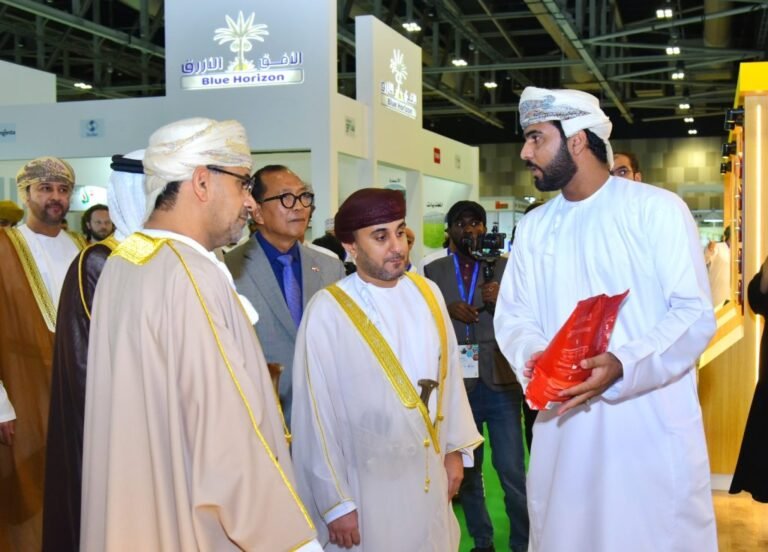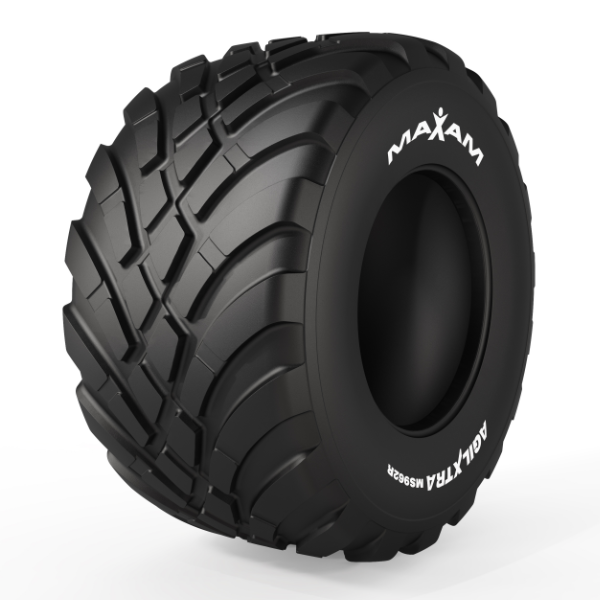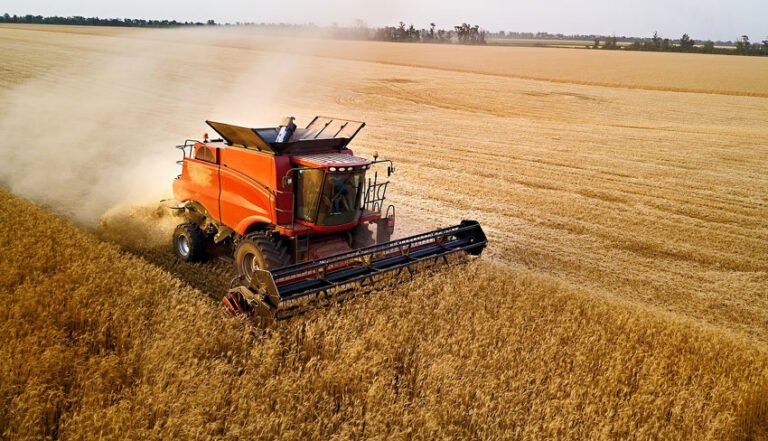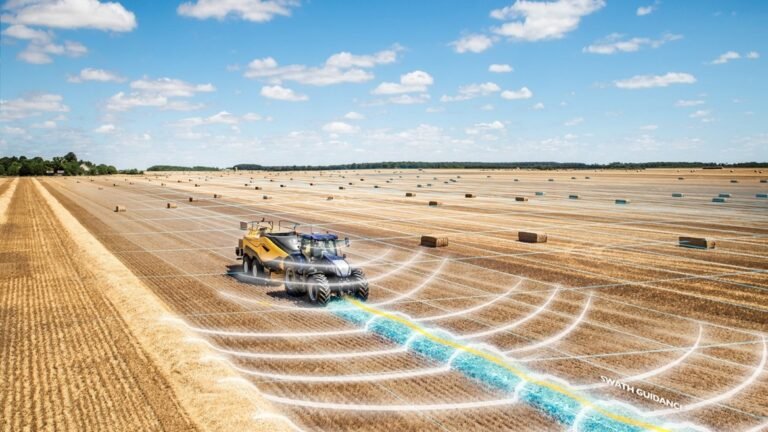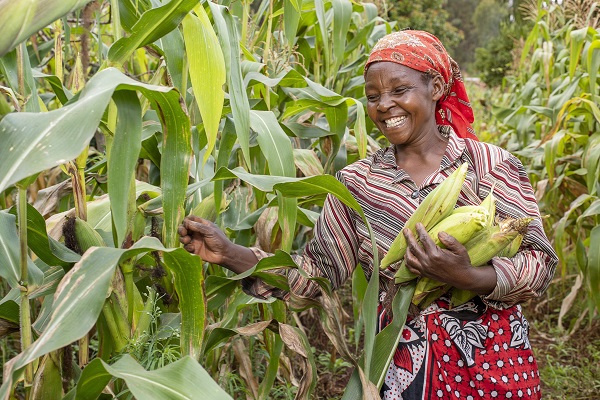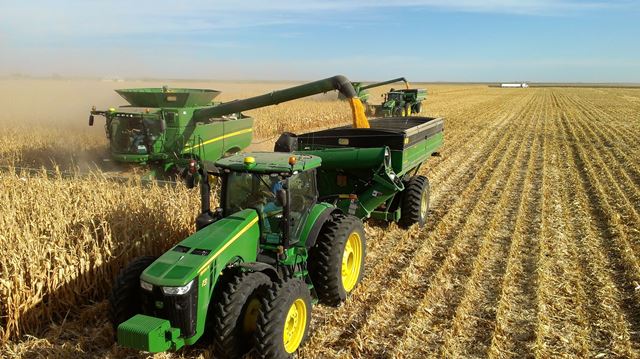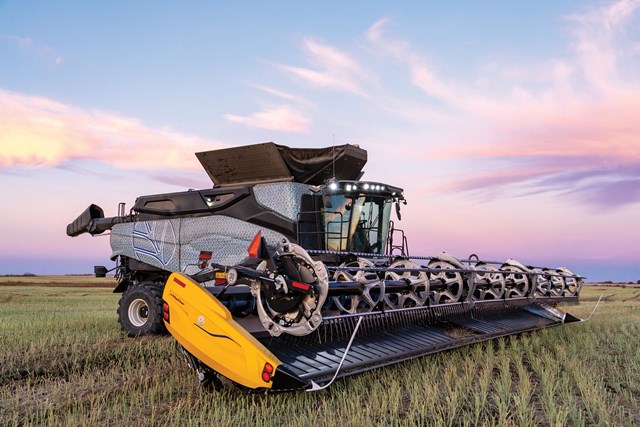sIMEZA Silos has been contracted to build one of the biggest hopper bottom silos (HBS-S) in Europe at one of the Vall Companys group’s plants, a leading European agri-food company group.
The project will be undertaken at the Vall Companys factory located in Ejea de los Caballeros, about 50 km from the city of Zaragoza, Spain.
The purpose of this expansion and the remarkable storage capacity is in response to an increasingly globalized market.
The new infrastructure will allow Vall Companys to have greater storage capacity for raw materials, providing even more stability to the agri-food and livestock value chain.
The facility will consist of four hopper bottom silos “HBS-S model” (silos with conical bottom and metal skirt), specifically designed for this project. Each silo will have a unitary capacity of 3,000 tons, making a total of 12,000 tons of storage for cereals.
With a diameter of 13.75 meters and a total height of 36 meters, the silos will include accessories such as vertical ladders, inspection doors, roof vents, level sensors, handrails, and other necessary elements.
In addition, special catwalks and metallic supports will be installed, as well as a ventilation system with an internal perimeter ring to ensure suitable conditions, adapted to the large volume of stored grain.
One of the main advantages of using an elevated hopper bottom silo, instead of a flat-bottom one, is the ease of unloading the stored product, saving costs related to civil works (tunnels, pits, etc.)
Regarding the estimated timeline for completing this installation, different stages have been planned.
Starting with the client’s investment study and the adjudication of offers to suppliers (already completed), next will be the engineering project and approval, obtaining construction licences, and the layout of civil works (in progress).
Subsequently, the assembly of the silos and necessary components will be carried out, along with the installation of filling and emptying machinery, electrical panels, and site infrastructure.
Finally, the start-up and final acceptance of the installation will be carried out. This process is estimated to take about 10 months in total.
The project has presented challenges, as it involves pioneering storage silos in Europe. However, the technical team at SIMEZA Silos is handling each one with professionalism and attention to detail.
The company has set international standards by selecting materials for the silos’ construction, opting for structural galvanized steel in two types: band galvanization or hot dip galvanization. The high quality of the materials used ensures the long-term durability of the silos and their components, as always in every SIMEZA silo project.
In terms of sustainability and energy efficiency, the design and construction of this facility have taken these key aspects into account. On one hand, gravity discharge under the silos is simplified by using a single conveyor, avoiding the need for additional machinery.
On the other hand, both the machinery’s design and its components have been developed under energy efficiency standards.
The construction project of the largest conical base silo plant in Europe for Vall Companys represents a significant milestone for SIMEZA and for any silo manufacturer worldwide.
The company has demonstrated its technical expertise and collaboration capacity with prominent suppliers to meet the client’s demands.
The successful completion of this project will allow Vall Companys to have a cutting-edge silo plant, ensuring autonomy and efficiency in the storage of raw materials at its factory.
Also Read
Kenya’s Kakuzi offers free avocado testing as export begins
Mahindra bolsters mechanisation in Kenya with tractor launch
